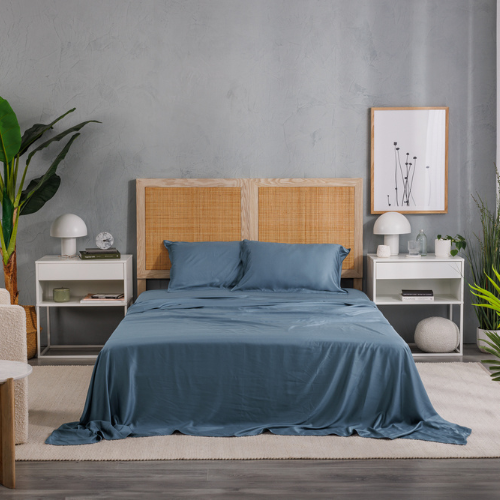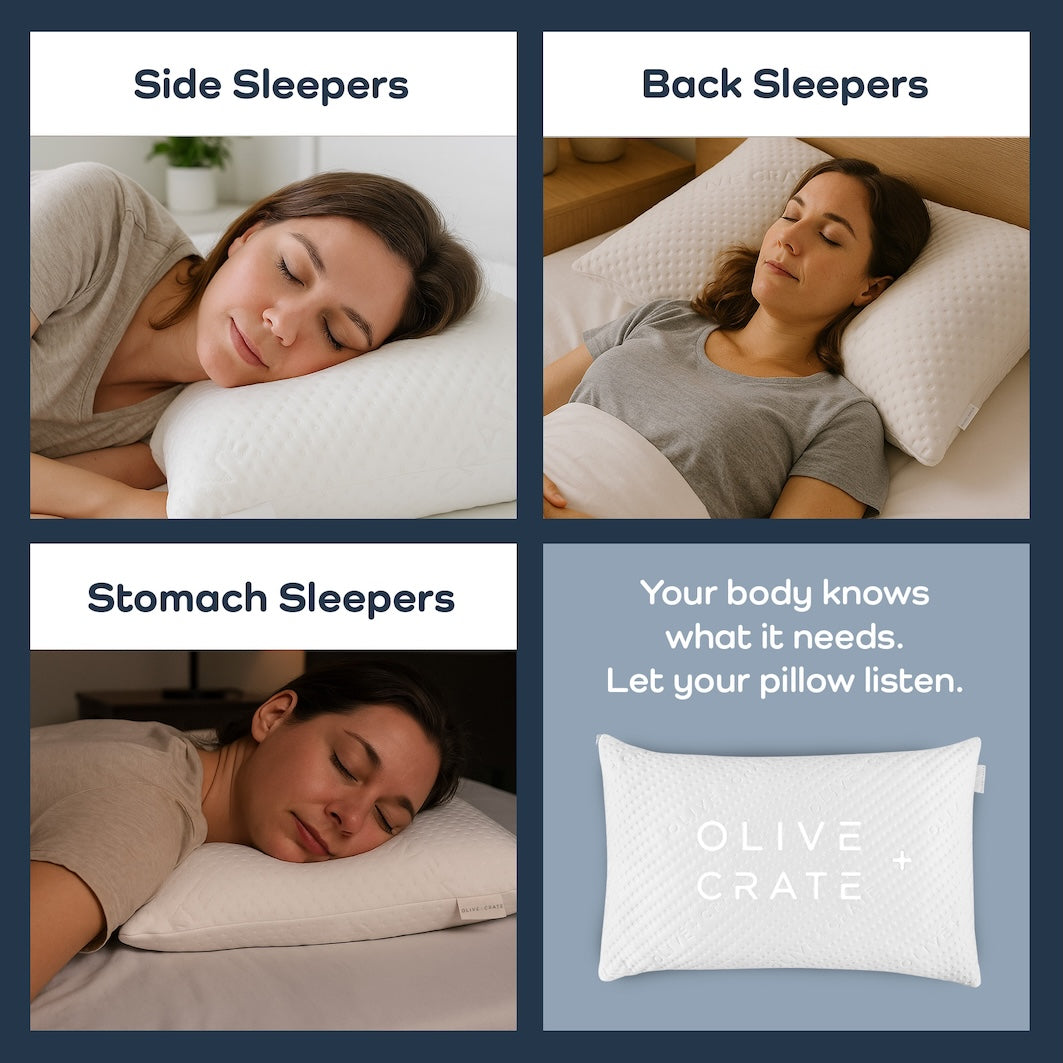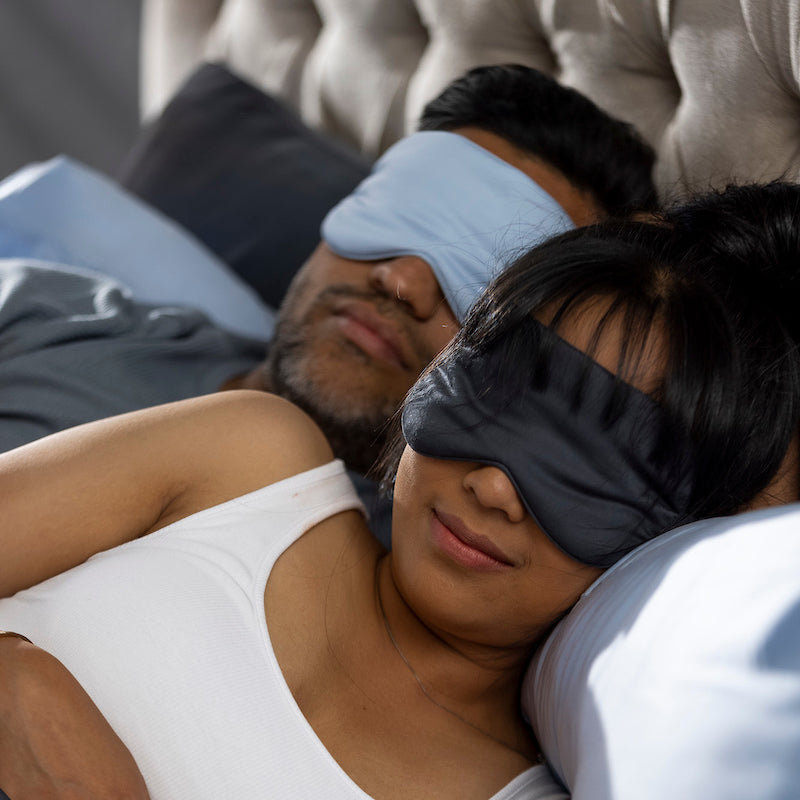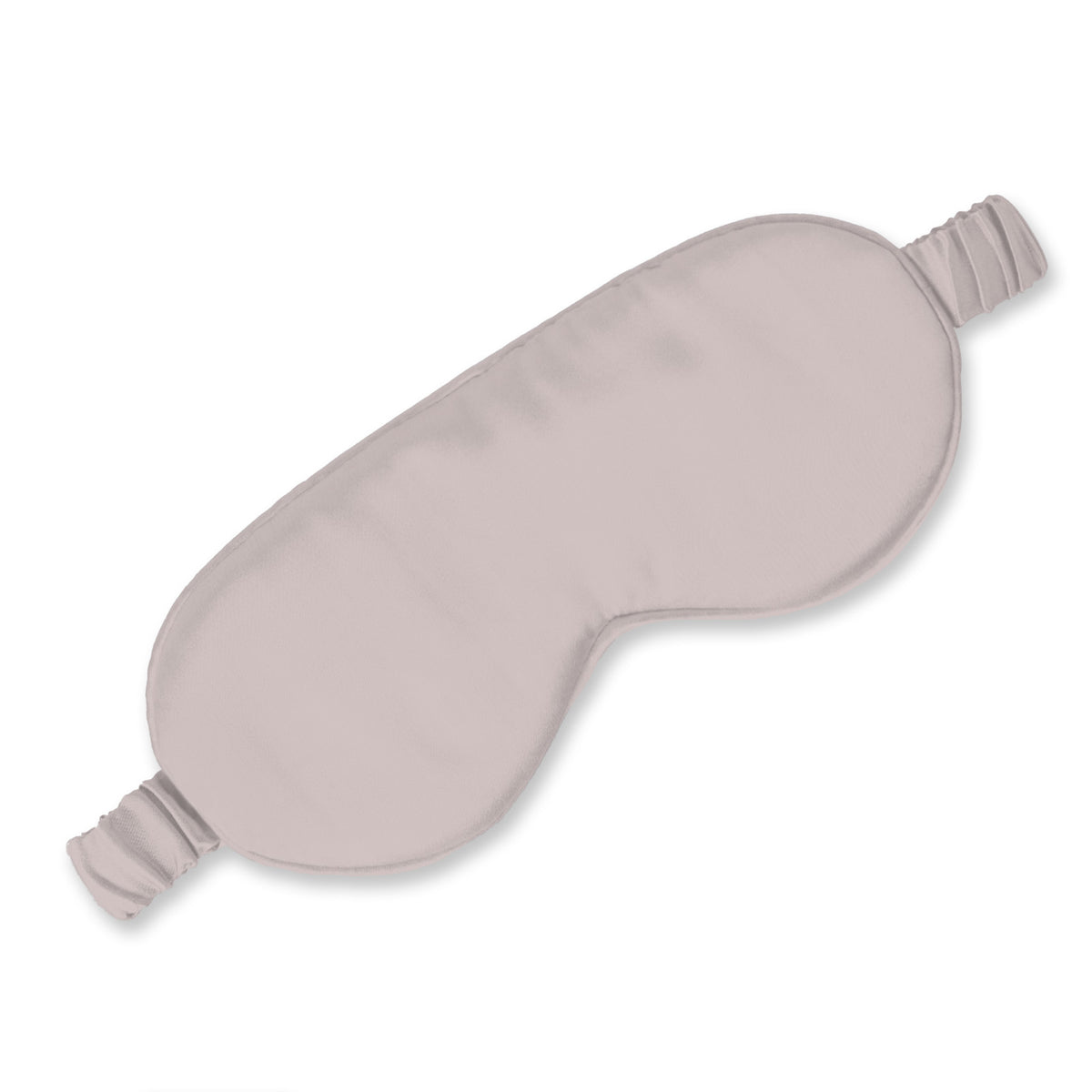Risk of burnout, anxiety, and work hours have all increased for many as workers have begun their transition to full-time remote work. As many work from makeshift bedroom “home offices,” devices are always in reach, meaning co-workers, bosses, and clients but a click away, making it practically impossible to truly disconnect. Follow below to learn more about how late night connectivity is affecting countless American’s sleep.
Remote Work and Restless Sleep
The Bedroom “Office” Problem
Longer Days Mean Lasting Connectivity
The lack of a physical boundary between home and work has made disconnecting from work, and thereby from technology, all the more difficult. Many workers feel pressure to work longer days, answering emails and responding to requests at late hours when they should be sleeping, allowing electronics to affect their sleep. The threat of a missed call or email has left workers feeling jittery and on-edge, unable to commit to a restful night’s sleep.
Technology and Your Internal Clock
Image from @quirkyclocks on Instagram
Always on Alert
Blue light exposure also delays the body’s release of melatonin, which is an important hormone for regulating the body’s circadian rhythm, the biological function that controls sleep and wake cycles. Sleeping nearby a device is also harmful, explains Dr. Rosenberg, as expectations of alerts on one’s smartphone can keep the brain on high-alert when it is supposed to be conducting the reparative work intended to take place during sleep. Connectivity can be harmful to the emotional, physical, and psychological health of both children and adults, as found in a series of studies referenced by Rebecca Boyle in her article “Using Electronic Devices Before Bed Tied to Lousy Sleep” for InsideScience.org.
The Hidden Harm of Indirect Access
A second study entitled “Association Between Portable Screen-Based Media Device Access or Use and Sleep Outcomes,” published by JAMA Pediatrics and conducted by Ben Carter of King’s College London, found that negative effects of technology are not limited to actually using the devices. Carter and his colleagues discovered that “if you don’t use the device, but have access to the device in the sleep environment, you again find much poorer sleep outcomes.” Simply sleeping with electronics can be harmful.
To minimize your risk of burnout while working from home and to ensure a better night’s sleep, try to put your phone and other devices either in a locked drawer across your bedroom or in another room of your home before going to bed.













